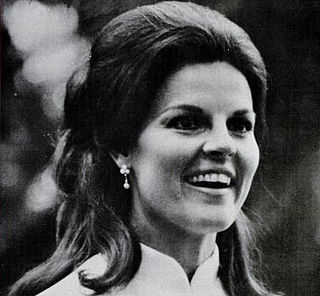A Quote by Tom Douglas
Most of the catfish you find at the fish counter has been farmed. Though I usually prefer to buy and eat wild fish, farmed catfish taste cleaner, without the muddy taste of their wild relatives.
Related Quotes
Increasingly, we will be faced with a choice: whether to keep the oceans for wild fish or farmed fish. Farming domesticated species in close proximity with wild fish will mean that domesticated fish always win. Nobody in the world of policy appears to be asking what is best for society, wild fish or farmed fish. And what sort of farmed fish, anyway? Were this question to be asked, and answered honestly, we might find that our interests lay in prioritizing wild fish and making their ecosystems more productive by leaving them alone enough of the time.
Wild fish are under threat of extinction because they're hunted to feed us. Yet land animals that we farm are under no threat of extinction. Shifting from hunting fish to farming fish - where the farmers have the incentive to keep their stocks healthy - could do a tremendous amount of good for wild fish.
Your Catfish Friend If I were to live my life in catfish forms in scaffolds of skin and whiskers at the bottom of a pond and you were to come by one evening when the moon was shining down into my dark home and stand there at the edge of my affection and think, “It's beautiful here by this pond. I wish somebody loved me,” I'd love you and be your catfish friend and drive such lonely thoughts from your mind and suddenly you would be at peace, and ask yourself, “I wonder if there are any catfish in this pond? It seems like a perfect place for them.





































